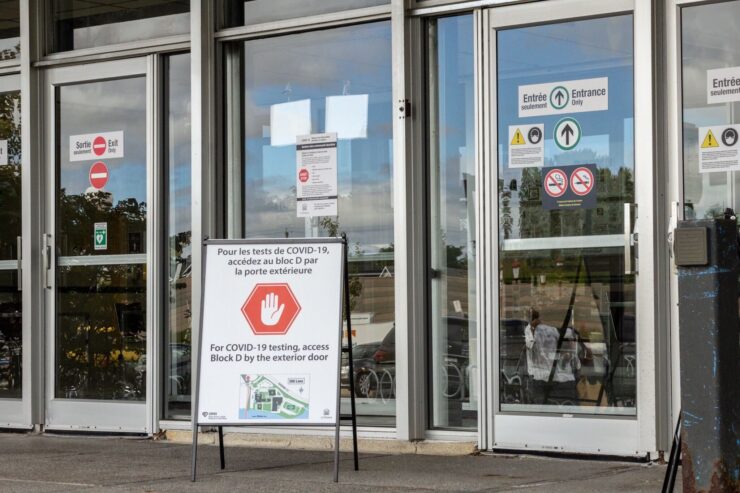Rebuilding trust in the public health community will require clear communication, accessible resources, and stronger community partnerships.
Nearly five years after Canada’s first confirmed case of COVID-19, public trust in health institutions remains fragile. The recent Alberta COVID-19 task report, which controversially recommended halting vaccinations, highlights ongoing misinformation and public skepticism.
With measles outbreaks in Ontario, continued COVID-19 and bird flu cases, public health faces an urgent challenge: how can local and provincial health units rebuild trust and effectively communicate with the public?
Clear, Consistent Communication
One of the biggest failures of the pandemic was inconsistent messaging. Changing mask policies, shifting vaccine recommendations, and evolving restrictions created public confusion and, in some cases, distrust. While these changes reflected emerging science, they were not always communicated effectively.
To regain trust, public health units must prioritize transparency. When policies shift, officials should clearly explain why, ensuring the public understands that science evolves with new data. Leaders like Dr. Vera Etches of Ottawa Public Health have shown the value of engaging with the community, acknowledging concerns, and providing evidence-based updates.
Making Public Health Accessible
Many communities—especially marginalized groups—struggled to access reliable public health information during the pandemic. Misinformation thrived in these gaps, often spreading faster than facts.
To combat this, public health messaging must go beyond traditional press releases. Social media platforms like TikTok, Instagram, and YouTube are powerful tools for reaching younger audiences. Infographics, short videos, and Q&A sessions with experts can counter misinformation in accessible ways. Additionally, multilingual outreach must be expanded to ensure language barriers don’t prevent people from receiving accurate health information.
Community-Based Solutions
Public health efforts must be rooted in the communities they serve. Partnering with universities, student unions, and grassroots organizations can help health officials reach skeptical or under-served populations. Students, for example, are more likely to trust health guidance when it comes from their schools rather than government institutions.
Similarly, working with trusted community leaders can improve vaccine uptake, preventative care, and health literacy. Free vaccination clinics, mental health support, and outreach programs should be designed with community input to ensure they address real concerns.
The Path Forward
Public health has an opportunity to rebuild its relationship with the public—but only if it prioritizes clear communication, accessibility, and community engagement. Trust isn’t given; it’s earned. If health officials want to win people back, they need to meet them where they are, with the honesty and clarity they deserve.




